Reframing Children’s Traumatic Experiences – JENNIFER LEFEBRE (Digital Seminar)
Description:
Children are highly vulnerable in the aftermath of traumatic events…their sense of safety and self needs to be rebuilt in connection with others.
What can we do when we as professionals have suffered these same events? And, how do we move our clients through these experiences into the present moment, when there is still fear and uncertainty?
When children view us as present and authentic in a crisis, particularly when they’re dysregulated, we create an opening for healing. By creating rhythms and connection, we give children with difficult emotions permission to create new experiences that teach them how to respond rather than react, as they’ve done in the past.
This recording offers effective interventions for individuals, dyads, families, and groups.
Don’t miss it! You’ll emerge energized, prepared, and ready to face the future.
Outline:
Stress response patterns as survival strategies
- Hyper- and hypo-arousal and the window of tolerance
- The impact of trauma on somatic experiencing and the sensory system
- Mirror neurons, empathy and connecting with others
- Importance of co-regulation
- Therapeutic powers of play
Applications Suitable for the Treatment of Recent Traumatic Events
Practice and adapt playful and embodied techniques for a variety of settings, abilities & age levels, in order to…
- Restore the capacity to play through games & creative movements
- Increase trust & build healthy attachments through healthy touch
- Integrate dance and music with embodied play therapy principles to decrease dysregulation & improve distress tolerance skills
- Select playful interventions to help children experience the present moment, reducing emotional numbing, depression, and dissociation
- Help children gain mastery over their lives with mindfulness techniques that can reduce intrusive images and “stuck” memories
- Expand capacity for self-awareness with breathing exercises and interoceptive cues
NLP online course
So what is NLP?
Firstly, NLP stands for Neuro-Linguistic Programming. Secondly neuro refers to your neurology;
Thirdly linguistic refers to language however, programming refers to how that neural language functions.
As a result,In other words, learning NLP is like learning the language of your own mind!
Moreover, NLP is the study of excellent communication–both with yourself, and with others.
It was developed by modeling excellent communicators and therapists who got results with their clients.
NLP is a set of tools and techniques, but it is so much more than that.
In conclusion, It is an attitude and a methodology of knowing how to achieve your goals and get results.
Preview Information:
Original Page
Archive Page


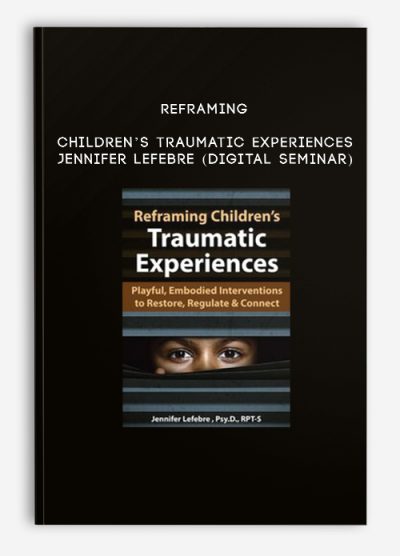
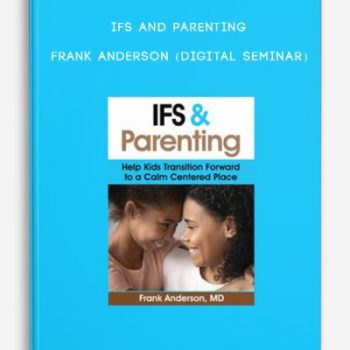
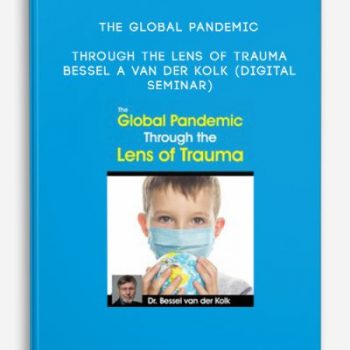
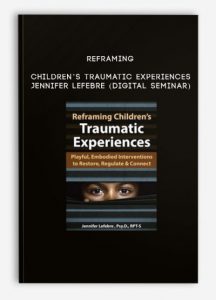
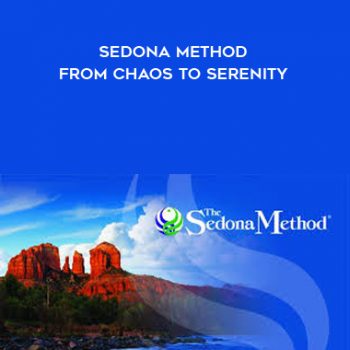
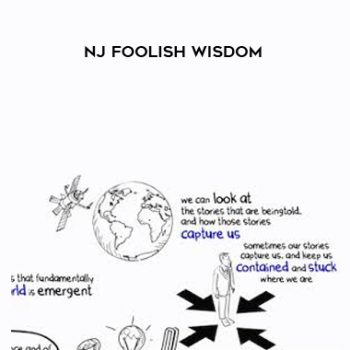



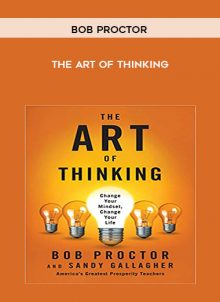

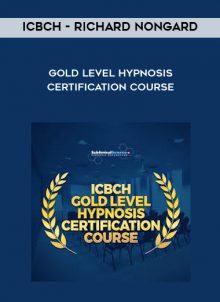
Lord –
This is Digital Download service, the course is available at Vincourse.com and Email download delivery.